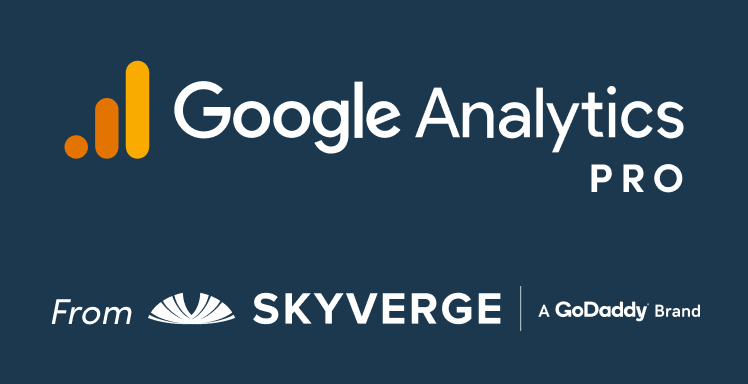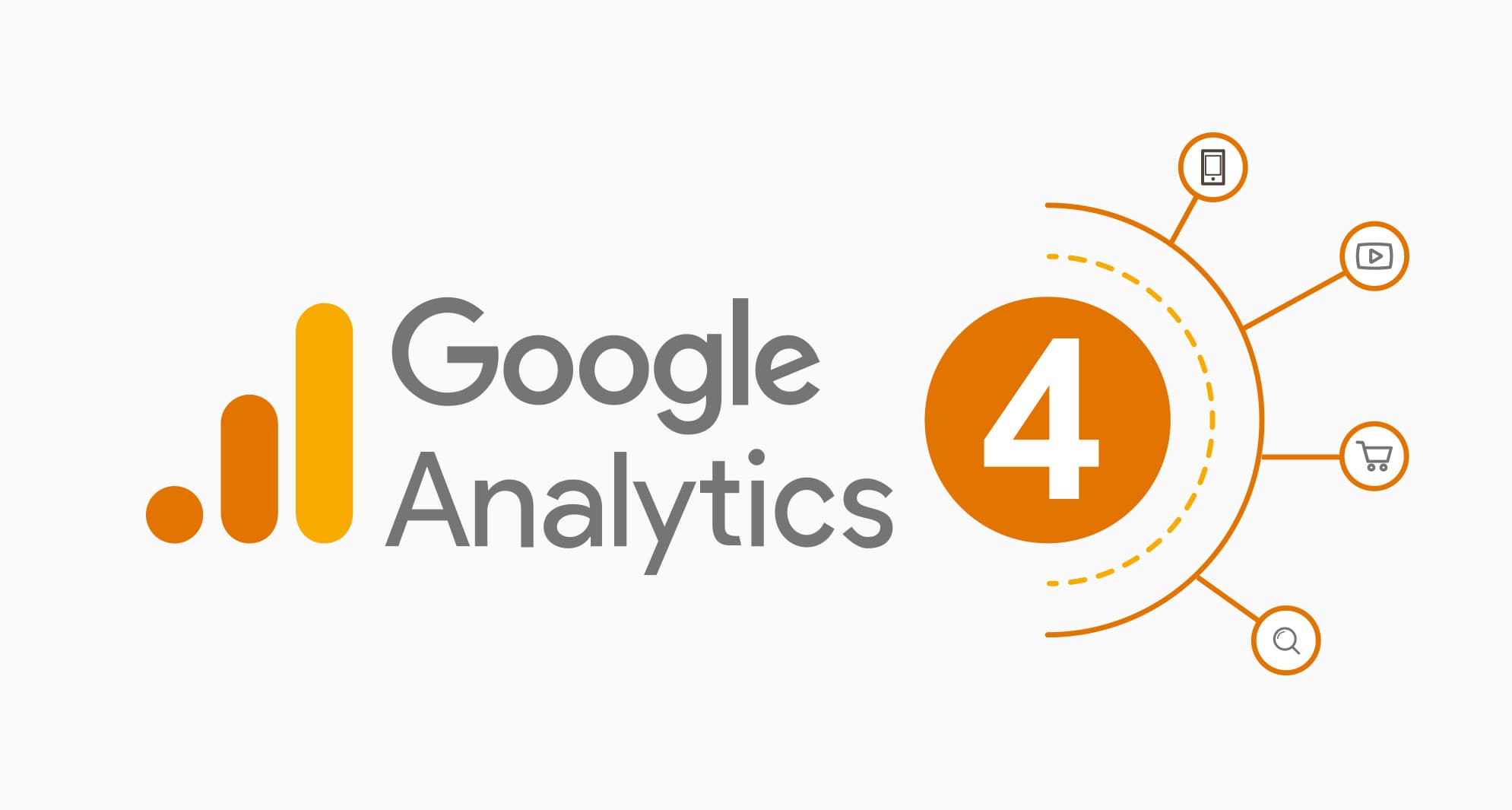Unpacking the Mystery: When Does the Google Analytics Tracking Code Send an Event Hit to Analytics?
Unpacking the Mystery: When Does the Google Analytics Tracking Code Send an Event Hit to Analytics?
Blog Article
Enhance Your SEO Technique With Effective Google Analytics Tracking Code
Integrating Google Analytics tracking code into your Search engine optimization approach is a pivotal step toward accomplishing measurable results. What certain approaches can you take on to make the most of the effect of this data on your Search engine optimization initiatives?

Comprehending Google Analytics Fundamentals
To effectively utilize Google Analytics for SEO, it is vital to comprehend its foundational principles. Google Analytics serves as an effective tool for monitoring and evaluating website traffic, providing insights that are critical for enhancing search engine efficiency. At its core, the platform allows customers to keep track of customer behavior, website traffic sources, and crucial efficiency indicators (KPIs) such as bounce prices and session periods.
Familiarity with the customer interface is essential. The Audience area gives group understandings, helping to tailor content to target individuals successfully.
Recognizing metrics such as natural website traffic quantities and conversion prices is crucial for assessing SEO efficiency. Eventually, grasping these fundamentals enables digital marketing professionals to harness the complete capacity of Google Analytics, driving notified decisions that enhance overall SEO strategies. By establishing a strong structure, services can successfully examine their efficiency and identify chances for enhancement in their on-line presence.
Setting Up Monitoring Code
Effectively establishing up the monitoring code is crucial for exact information collection in Google Analytics. The very first step involves developing a Google Analytics account and property, where you will certainly get an unique tracking ID. This ID is crucial for connecting your web site's data to your Google Analytics account.
When you have your monitoring ID, incorporate the tracking code fragment into your site's HTML. This is usually placed in the header section of each page to guarantee it tons early in the web page rendering process. If you're utilizing a Material Administration System (CMS) like WordPress, lots of plugins simplify this process, allowing you to add the tracking code without direct HTML editing.
After applying the tracking code, it is vital to evaluate its functionality. If the tracking code is correctly mounted and functioning, you can use the Google Tag Aide device to verify. In addition, keep track of the real-time coverage function in Google Analytics to confirm that information is being gathered properly.
Making sure that the monitoring code is appropriately established lays the structure for reliable information evaluation, allowing you to make informed choices to enhance your search engine optimization strategy and general website efficiency.
Secret Metrics to Screen
Identifying crucial metrics to keep an eye on is essential for recognizing the efficiency of your search engine optimization technique through Google Analytics. By concentrating on certain information factors, you can assess the influence of your optimization initiatives and make notified decisions to boost performance.
One of the key metrics to track is organic traffic, which suggests the variety of site visitors getting to your website via online search engine. This statistics shows the overall health of your search engine optimization approach. Next, keep an eye on the bounce price, which reveals the portion of site visitors who leave your website after viewing just one page. A high bounce price might signal that your web content is not fulfilling customer expectations or that your touchdown web pages require improvement.
Additionally, think about tracking conversion prices, as these metrics reveal how well your site meets its business objectives, such as generating sales or leads. Key phrase positions are likewise essential; monitoring adjustments in keyword settings assists review the efficiency of your targeted SEO efforts. Ultimately, evaluate the ordinary session duration, which indicates customer involvement and material importance. By carefully following these key metrics, you can obtain important understandings right into your SEO approach's performance and determine locations for improvement.
Analyzing Customer Habits
Comprehending customer habits is vital for fine-tuning your search engine optimization strategy and maximizing site performance. when does the google analytics tracking code send an event hit to analytics?. By analyzing exactly how visitors engage with your web site, you can discover beneficial understandings that inform your Read Full Report content and layout decisions. Google Analytics supplies a wide range of data on user engagement metrics, such as bounce prices, time on website, and web page sights per session. These metrics help identify which web pages reverberate with your target market and which may need optimization.
Furthermore, tracking individual circulation can reveal common navigating paths, highlighting prospective bottlenecks or locations for improvement. Comprehending the demographics, rate of interests, and geographical locations of your site visitors permits more customized material that speaks with their needs. Using division functions in Google Analytics better enhances your capacity to assess user behavior by permitting you to compare various audience groups.
Furthermore, checking conversion rates and user actions can supply understandings right into the effectiveness of your calls to action and total website design. This holistic view of individual habits is necessary for making notified choices that enhance user experience and drive greater interaction, inevitably contributing to boosted SEO efficiency.
Leveraging Insights for Search Engine Optimization
Regularly leveraging insights acquired from user actions analysis can dramatically improve your search engine optimization efforts. By making use of Google Analytics, you can identify vital metrics such as bounce rates, session duration, and user flow, which expose exactly how site visitors engage with your material. These insights allow you to pinpoint locations needing improvement, such as high departure web pages or underperforming keywords.

Furthermore, tracking natural traffic sources supplies quality on which networks are most efficient, permitting you to allot sources purposefully (when does the google analytics tracking code send an event hit to analytics?). By assessing conversion prices along with website traffic information, you can determine which pages drive actual company results, refining your search engine optimization strategy even more
Incorporating these understandings into your web content strategy not just boosts visibility but additionally fosters an extra user-centric technique. Eventually, a data-driven search engine optimization approach informed by analytics not only boosts rankings yet also straightens your objectives with customer expectations, leading to continual growth and involvement.
Final Thought
Efficient execution of Google Analytics tracking code considerably boosts a SEO strategy by offering essential insights right into customer actions and web traffic resources. Monitoring key metrics such as organic website traffic, bounce rates, and conversion rates assists in the recognition of improvement areas. Furthermore, assessing user demographics and engagement metrics enables an extra targeted material approach. Ultimately, leveraging these insights adds to improving search engine optimization initiatives, driving even more relevant traffic, and enhancing general web site efficiency.
Including Google Analytics tracking code right into your SEO technique is a critical step towards Click This Link attaining quantifiable results. At its core, the platform enables customers to check individual habits, traffic resources, and crucial performance indicators (KPIs) such as bounce prices and session periods.
Comprehending user behavior is critical for improving your SEO strategy and taking full advantage of site efficiency.Regularly leveraging insights obtained from individual behavior evaluation can considerably enhance your Search engine optimization efforts.Reliable application of Google Analytics tracking code considerably boosts a SEO strategy by supplying essential insights into customer habits and web traffic sources.
Report this page